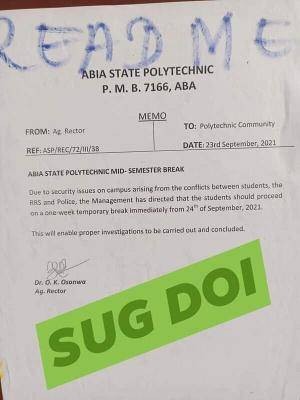
The World Bank has stated it would cost the country an additional allocation of about $199 million (about N30.8 billion) over the next three years to address both the supply and demand side constraints as well as governance and accountability issues in order to deliver basic education in the short-term.
This came as the bank also called for a reappraisal of the Universal Basic Education (UBE) programme, which has been implemented for nearly 10 years now to ensure its funding and mechanism for implementation meet targeted objectives for which it was established.
The bank in its new report, "Education and Skills Policy Notes: Education Access, Equity and Quality in Nigeria, " which was launched in collaboration with the Federal Ministry of Education, further alleged that the essence of the UBEC funds had been truncated because 83 percent of the resources could not be accessed by the states in 2012 and "the UBE Interventions are not reaching the schools" which are supposed to be major beneficiaries.
"It is clear that there are institutional problems and forces that influence the level of funding that reaches the schools," it stated. The report identified education as key for the country's economic growth and poverty reduction, but lamented that many children remained out of school in spite of several efforts to improve access to education.
It further decried the level of decadence in the country's education system alleging that "At the national level, 60 and 44 percent of students after completing grade 4 and grade 6 respectively, cannot read a complete sentence."
The Breton Woods institution blamed the dismal academic achievements by students on little school autonomy and weak accountability, insufficient teaching and learning resources as well as incompetence on the part of teachers. The report added that poverty had been found to be the dominant factor preventing many children from starting school on time.
The World Bank, however, tasked education authorities to "purse specific programmatic interventions" to boost education access, quality and equity as well as launch a profound institutional reform to resuscitate the sector. The study recommended a detailed review of the federal, state and local government institutions to address the challenges in implementing the UBE programme.



